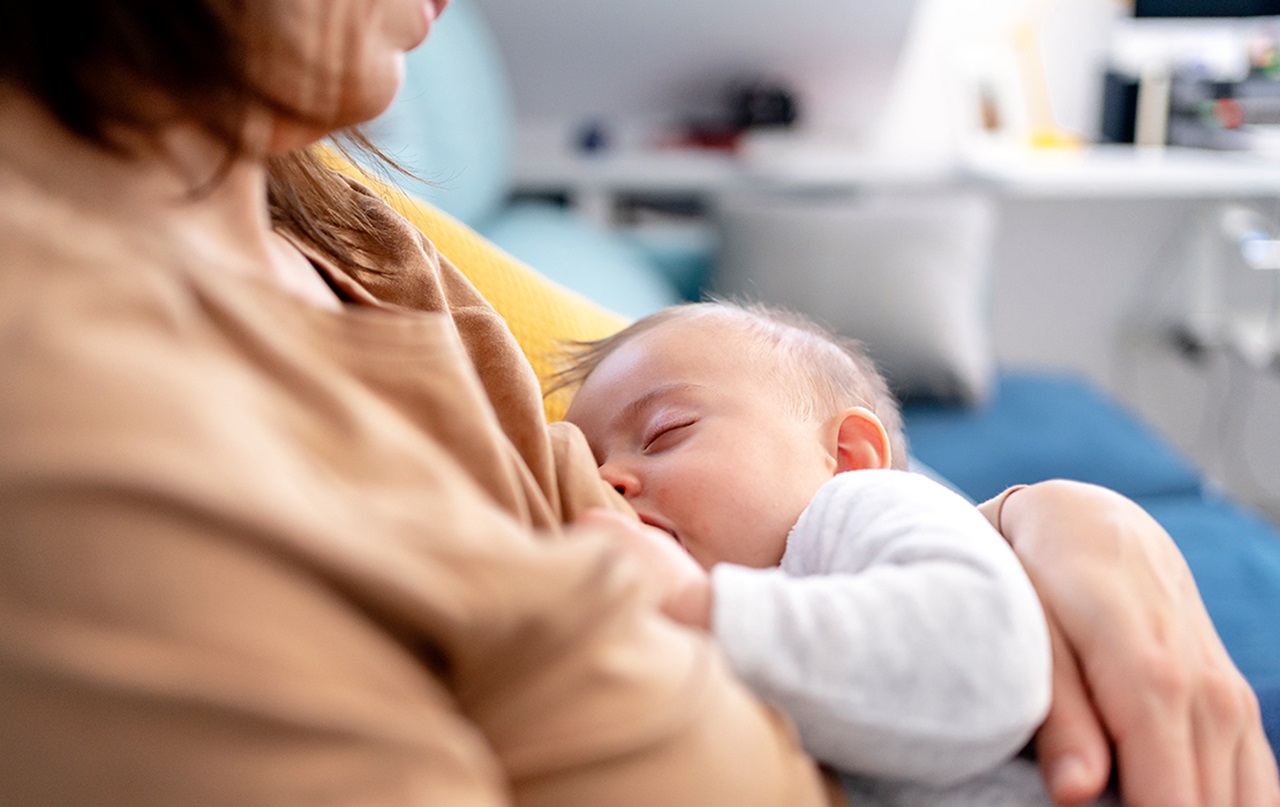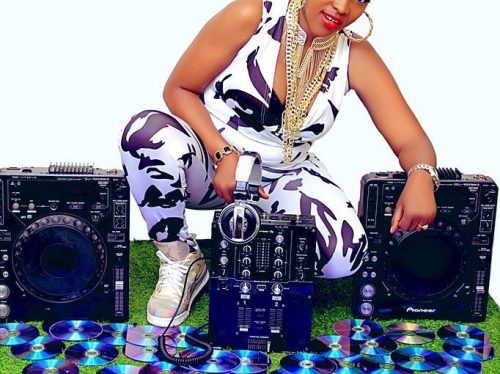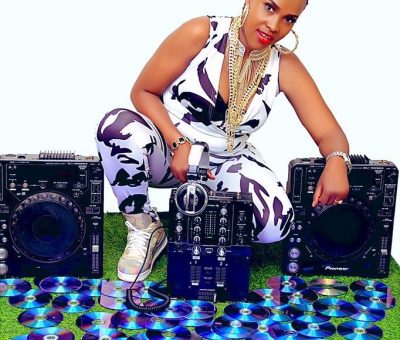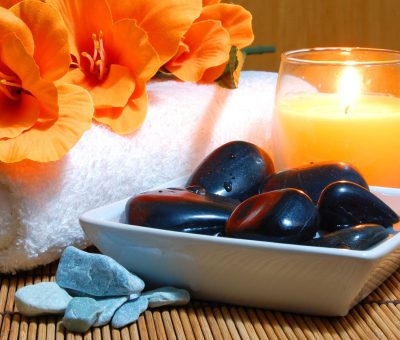How a mother can ensure cleanliness while breastfeeding

Breastfeeding is the best option to feed a baby, especially for the first six months. However, because mothers are always busy and on the go, it is not always easy to ensure high standards of hygiene. But remember, cleanliness while breastfeeding is important to maintain the health and hygiene of both the mother and the baby.
Jane Musoke, a midwife, offers some practical tips on how this can be achieved:
Wash hands
A mother in the village who survives on tilling other people’s gardens will probably ask how they can keep washing their hands every time the baby wants to feed. Such a mother, Musoke says, can ensure cleanliness by carrying a small jerrycan of water mixed with liquid soap as they go to the garden. They must also remember that washing the hands before every feeding will not only keep their baby healthy, it will also help them easily meet all their milestones.
According to Musoke, it is not necessary to wash your breasts with soap before each feeding, as this can actually dry out the skin and nipples. Instead, clean your breasts with plain water if you feel the need. Keeping the breast area clean and dry helps prevent infections. Also, wearing clean nursing bras or blouses and dresses that provide easy access for breastfeeding will ensure that you do not touch the breast with dirty hands while struggling to get it free. A mother should also change these regularly to prevent the accumulation of milk and sweat.
A breastfeeding mother must also maintain good personal hygiene by bathing regularly and keeping their body clean. Pay attention to your breast area to prevent the growth of bacteria.
Nipple care
It is normal for a breastfeeding mother to develop cracked or sore nipples and if this happens, go see your doctor and follow their advice for care. Applying a lanolin-based nipple cream after breastfeeding can help soothe and protect the nipples. To prevent the development of cracks and soreness, ensure your baby is latching onto the breast correctly. This can help prevent excessive milk spillage and keep both you and your baby clean during feeds. If you are a first time mother, ask your doctor or your baby’s paeditrician for guidance on proper ways to latch.
A mother must also place burp cloths or nursing pads over their breasts to catch any milk leakage. This helps keep your clothing clean and prevents milk from accumulating on your skin.
Also, one must choose a clean and comfortable spot for breastfeeding, which reduces the risk of exposing the baby to unnecessary germs. If you’re using bottles for pumped milk, choose bottles and nipples that closely mimic the breast to avoid nipple confusion. Properly clean and sterilize bottles and pumping equipment according to guidelines.
A mother’s diet is also key. Stay hydrated and eat a balanced diet. Staying hydrated and maintaining a healthy diet can positively impact the quality of your breast milk, which can indirectly contribute to your baby’s health.
Note that after breastfeeding Keep Baby Clean: After breastfeeding, gently clean your baby’s mouth and face with a soft cloth or baby wipe to remove any milk residue. If you or your baby have any health concerns, go to the hospital and follow their advice. They can provide specific guidance based on your situation.
Remember that a certain level of mess is normal during breastfeeding, and it’s okay if a bit of milk spills or leaks. Prioritize your comfort and your baby’s feeding needs while maintaining reasonable cleanliness practices.


















